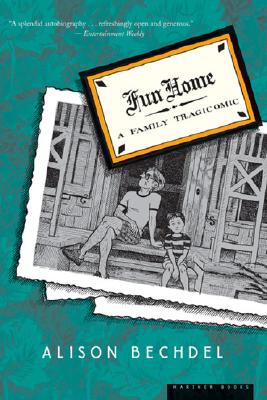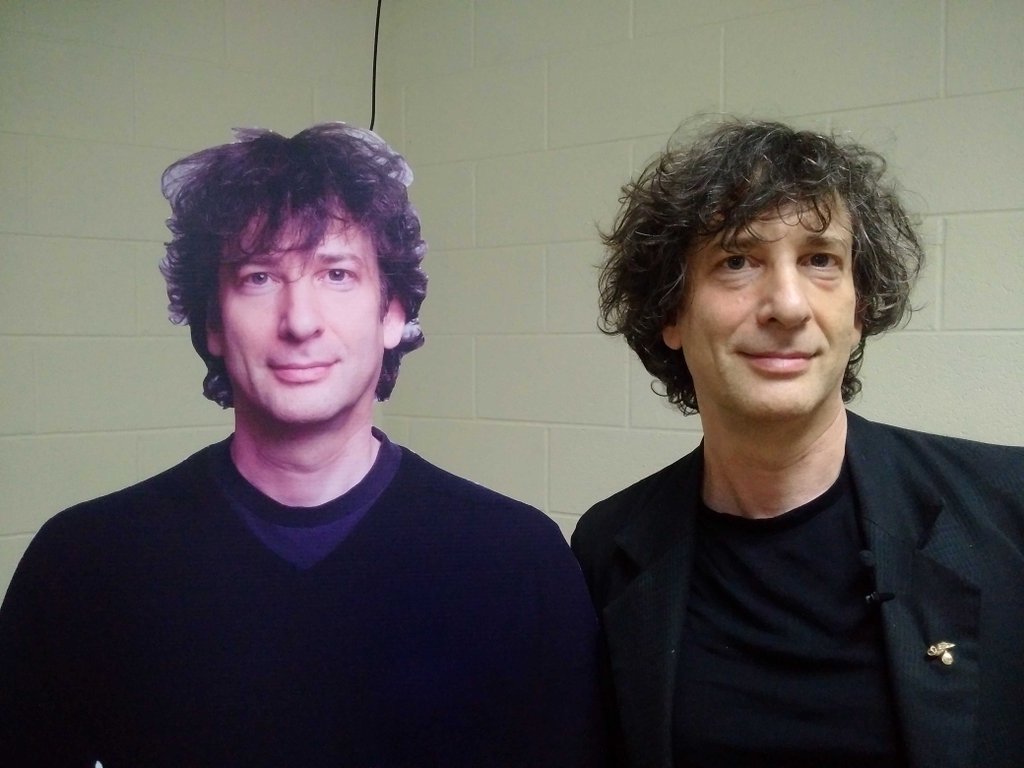From Newshounds to Novelists: Four Writers who Got their Start in Journalism
In honor of National Columnist Day on June 23, take a look back at these writers, poets, playwrights, and philosophers who got their start in journalism. Many of these men also sported fantastic facial hair. Coincidence? Yes.
At 22 years old, newly married with abandoned plans to create a Utopia in the Pennsylvania wilderness, English poet and philosopher Samuel Taylor Coleridge (1772-1834) created a journal called The Watchman, published every eight days to avoid the weekly newspaper tax (smart!).
The journal’s first issue was published in March of 1796 and ceased publication by May of the same year (okay, maybe not so smart). Coleridge’s journal contained essays, poems, news stories, reports on Parliamentary debates, and book reviews. Coleridge soon grew to detest his wife Sara Fricker, but at least their marriage lasted longer than The Watchman. The two were separated in 1808.

While perhaps best known today for being the creative brains behind “A Christmas Carol” and “Please, sir, I want some more,” novelist Charles Dickens (1812 – 1870) began his career in political journalism, covering Parliamentary debate and election campaigns for the Morning Chronicle. In 1836, Dickens became editor of Bentley’s Miscellany, a job he held for three years until a falling out with the owner.
During his tenure as editor at Bentley’s, Dickens wrote and oversaw the production of four plays and wrote the entirety of Oliver Twist.

Rudyard Kipling (1865 – 1936) joined the staff of the British-Indian daily newspaper The Civil and Military Gazette in 1882 as a 17-year-old assistant editor when it was decided that Kipling lacked the academic ability to attend Oxford University.
Kipling referred to the newspaper as his “mistress and most true love,” demonstrating poetic promise even at a young age.

Writing under the pseudonym Como di Bassetto, George Bernard Shaw (1856 – 1950) joined the reviewing staff of the Pall Mall Gazette in 1885 as an arts critic. Shaw, who chose the name because it sounded European (and because no one would know that this pen name was just another name for “basset horn”), later became the drama critic for the Saturday Review.
Shaw campaigned to displace the artificialities for the Victorian stage with a theatre of thought and realism. Dropping the pseudonym, Shaw’s Saturday Review pieces allowed the author to make a name for himself. The playwright was especially critical of productions of Shakespeare’s work, specifically the practice of cutting the plays into sizable acting editions.



